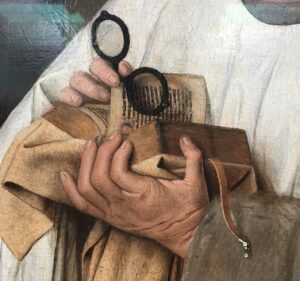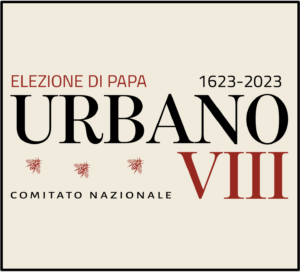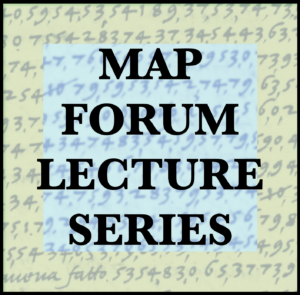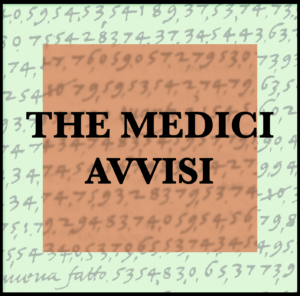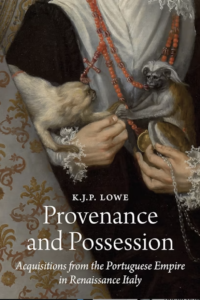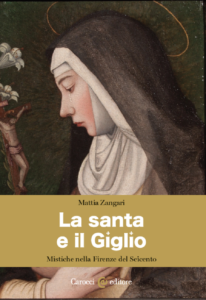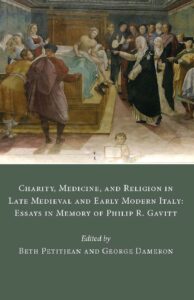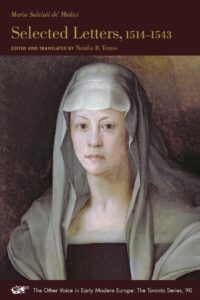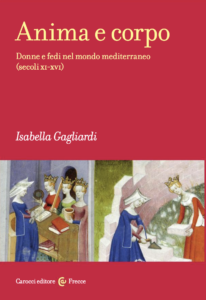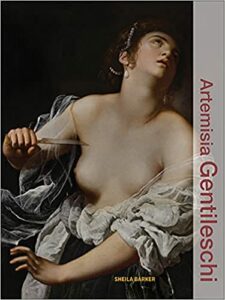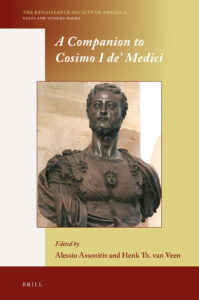
The Medici Grand Duchy (1537-1743) coincided with the first professionalization of women artists and musicians, the entrance of women into universities and academies, and the reigns of numerous female regents and queens. Their expanding social roles, their growing economic power and their advancement of cultural globalism are nevertheless largely underestimated. This is due to historiographic blind-spots as well as to the inherent difficulty of tracing women’s lives in archives.
Building upon the achievements of the Jane Fortune Research Program and directed by Dr. Sheila Barker, the newly inaugurated Center for Women in Renaissance Archives takes a full-compass approach to the world of early modern women. Its threefold mission is to scour Renaissance archives and libraries for untapped sources on women’s history, to dramatically increase the coverage of women within MAP’s MIA database (through AI technologies), and to stimulate research on women that enriches the historiographic metanarratives of our era—serving both academic and public audiences.
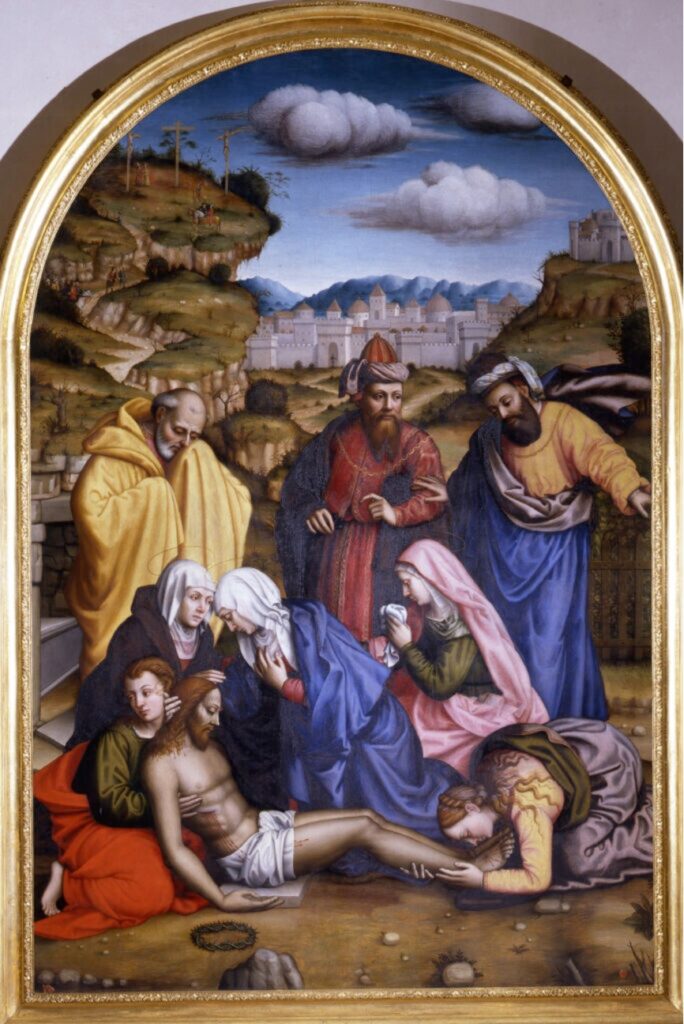
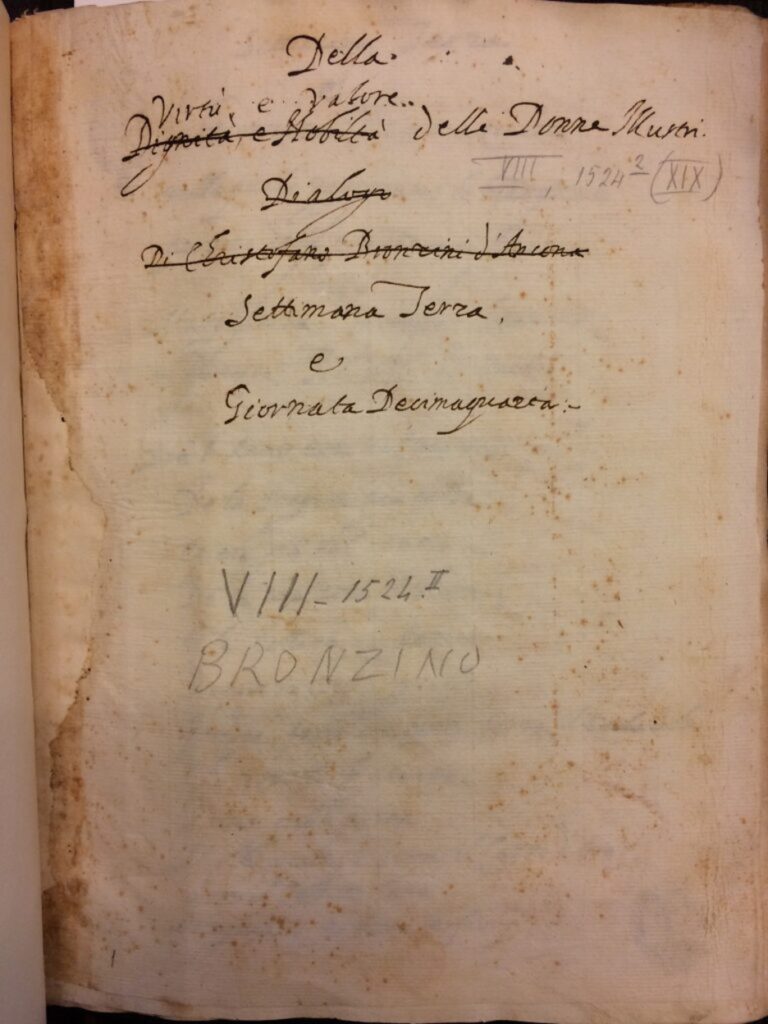
Among its current activities, the Center for Women in Renaissance Archives manages the Digital Bronzini project, initiated in 2019 with a grant from the Colgan Foundation. Using HTR technologies, we aim to give greater access to Cristofano Bronzini’s treatise entitled On the Dignity and Nobility of Women, an incomparable resource for recovering the history of women’s contributions to civilization. Comprising 36 tomes, it was written in Florence and largely complete by the year 1622.

Bronzini’s treatise is the largest and most ambitiously encyclopedic text to have ever been written in the querelle des femmes tradition in any language and anywhere in the world, up to and including the present day. It is also the sole pro-woman treatise to have been censored by the Roman Inquisition, apparently due to one of its theses that argued women were more fit to govern than men, by divine design.
The value of Bronzini’s manuscript for recuperating the history of women up to the year 1622 is of the first order. Particularly invaluable are the treatise’s early ethnographic notices about women in civilizations around the world, including Egypt, China, Greece, Bavaria, Siberia, Hungary, Spain, Persia, Burgundy, Troglodyte Arabia, Picardy, Bosnia, Jutland, Malta, Portugal, the Himilayas, Central America, Zimbabwe, Lithuania, Poland, Caucasus, Bulgaria, Jordan, and Nubia (Sudan).

Of the many thousands of pages comprising Bronzini’s immense work, only a few hundred have been read by modern scholars. Bronzini was acquainted with several of the artists he wrote about (Lavinia Fontana, Arcangela Paladini, Artemisia Gentileschi, and Giovanna Garzoni) and he had personally seen the artworks of several others (Plautilla Nelli, Diana Scultori, and unnamed Chinese women artists). Notably, Bronzini’s unpublished text provides the earliest biographies ever written for both Giovanna Garzoni and Artemisia Gentileschi.
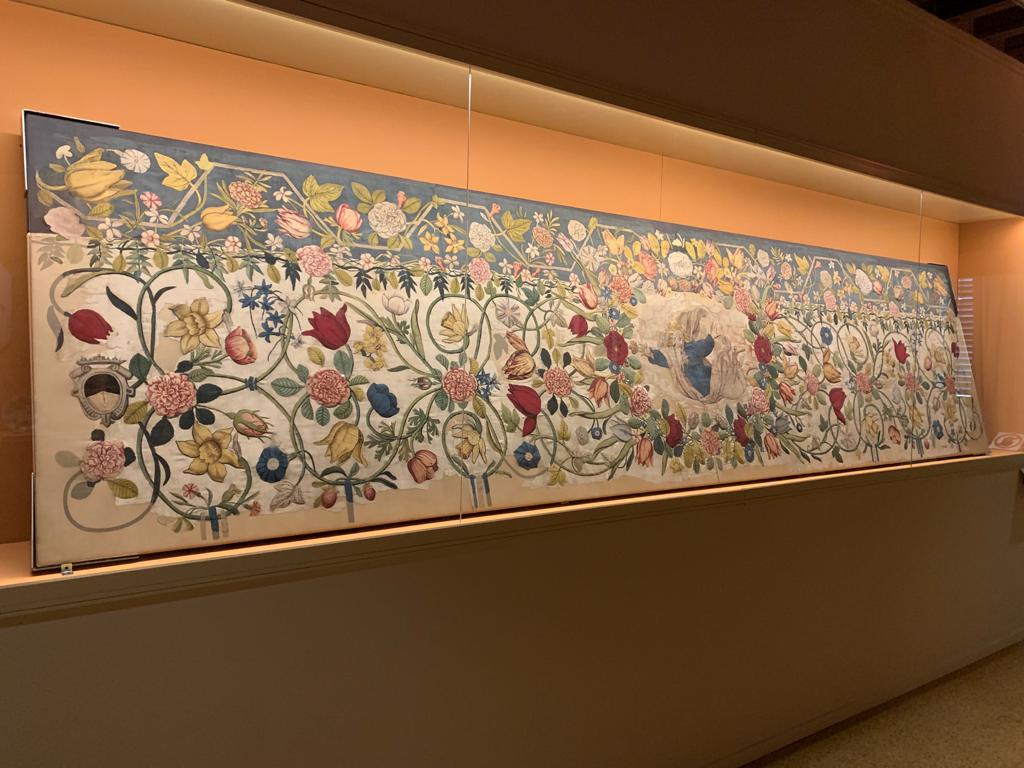
Scholarly research on the Digital Bronzini will be guided by a committee that includes Sheila Barker (MAP / University of Pennsylvania), Sheila ffolliott (MAP), Elizabeth Fama (MAP), Katherine Rabogliatti (Syracuse University), Georgina Rowley (University of East Anglia), Carin Zwilling (University of Sao Paulo), Claudius Schettino (Philobiblion), Oded Zrachia (Tel Aviv University), and Nicholas Herman (Schoenberg Institute for Manuscript Studies, University of Pennsylvania).

